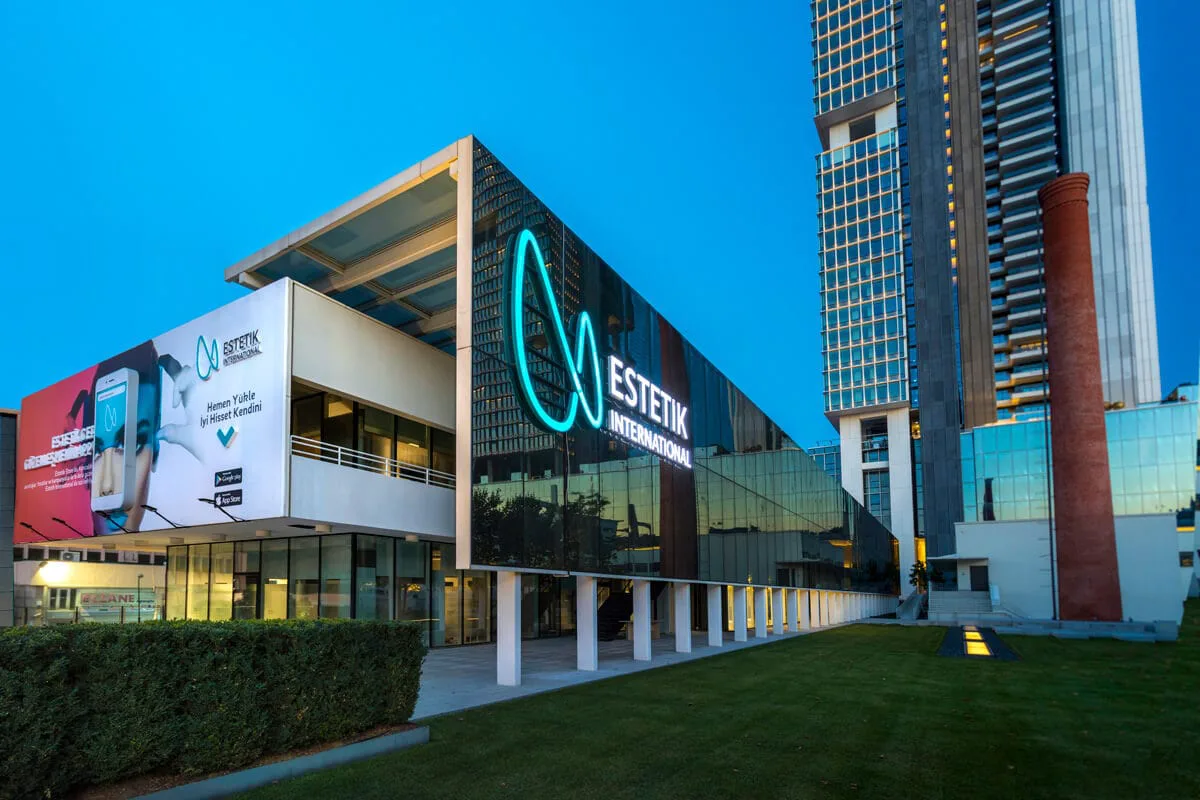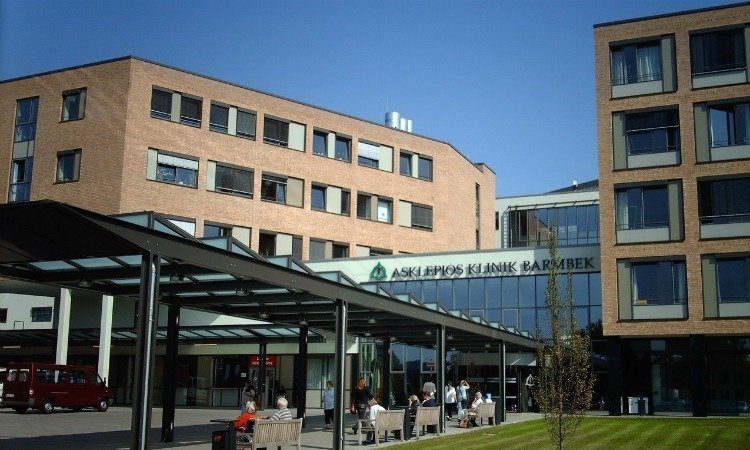Chimeric Antigen Receptor T-cell therapy – better known as CAR-T – has quickly become one of the most discussed innovations in cell therapy for cancer. It works by modifying a person’s own immune cells so they can better recognize and destroy cancer cells. Originally used to treat aggressive forms of blood cancer like acute lymphoblastic leukemia and some lymphomas, it’s now being tested in a wider group of cancers.
But while science is moving forward, getting access to CAR-T is still a hurdle for many. High costs, long waitlists, and differing eligibility rules depending on where you live are all part of the picture. That’s why more patients are crossing borders – for faster, more affordable, or simply more available care.
What Actually Happens During CAR-T Therapy
While the science behind CAR-T therapy sounds complex, the idea is surprisingly intuitive: take the immune cells that already exist in your body and teach them to better recognize cancer. This isn’t a pill or standard chemotherapy – it’s a highly personalized treatment built from your own biology.
It starts with a blood draw, where specialists isolate T-cells, the white blood cells that act as the immune system’s frontline soldiers. In a lab, these cells are reprogrammed using genetic tools so they can spot and attack cancer cells more effectively. Once the modified cells multiply to the needed amount, they’re returned to the patient through an infusion.
In practical terms, CAR-T usually involves next-described.
- Taking blood from the patient to collect T-cells.
- Reengineering those cells to express cancer-targeting receptors.
- Growing a large population of the modified cells.
- Giving the patient mild chemotherapy to prepare the body.
- Infusing the trained cells back in.
- Monitoring for side effects and early signs of success.
Currently, this approach is approved for several aggressive blood cancers, including certain leukemias, lymphomas, and multiple myeloma. These types of cancer are well suited to CAR-T because the modified cells can easily circulate and find their targets in the bloodstream or lymphatic system.
Shenzhen Genoimmune Medical Institute (GIMI)
The Shenzhen Geno-Immune Medical Institute (GIMI) stands at the forefront of gene and immune cell therapy, pioneering innovative solutions beyond FDA-approved CAR-T treatments. Led by renowned expert Prof. Lung-Ji Chang, inventor of the widely-adopted lentiviral vector system, GIMI has delivered effective treatments for over 1,000 cancer cases with cutting-edge 4th generation CAR-T technologies.
Why Some Patients Go Abroad for CAR-T Therapy
CAR-T isn’t offered everywhere, and even in places where it’s approved, there can be barriers:
- strict local eligibility guidelines;
- limited clinical infrastructure or experience;
- prohibitive costs;
- delayed insurance or reimbursement approvals.
In response, some countries have begun building international pathways for patients. Advances in cancer therapy often include multilingual care teams, travel logistics, and post-treatment support. Some standout destinations:
- South Korea: Home to advanced cancer centers with short wait times and state-supported programs;
- Israel: A leader in immunotherapy research, offering access to ongoing trials;
- China: Offers a wide range of CAR-T protocols, some not yet available elsewhere.
Cost Differences: What Does CAR-T Therapy Cost?
One of the biggest reasons people seek care abroad is the CAR-T price. In the U.S., it’s not uncommon for one infusion to exceed $400,000. In contrast, some public systems in Europe – such as Spain – offer locally developed CAR-T treatments for a fraction of that, sometimes under €90,000.
These cost variations can depend on:
- whether the therapy is approved or still in trial;
- how it’s manufactured (commercial vs. hospital-based);
- reimbursement policies;
- length of hospital stay and support care.
Is Going Abroad Always Better?
Not necessarily. Traveling for medical treatment comes with its own challenges: language barriers, legal differences, and post-treatment coordination. Still, for many, it’s the only realistic path to getting the therapy they need.If you send us a request through our website, we’ll match you with a specialist who fits your needs best. Our network includes leading experts across multiple oncology institutions, so you can feel confident you’re getting the right care.
How much does CAR T-cell therapy cost?
Costs vary widely. In the U.S., it can run between $400,000–$500,000 per dose. In countries like Spain or China, lower-cost options may be available, especially in public or research-based centers.
Who is eligible for CAR T-cell therapy?
Eligibility depends on diagnosis, prior treatment history, and country-specific guidelines. Patients with certain relapsed or refractory blood cancers are most commonly approved.
What is the best hospital for CAR T-cell therapy?
There’s no single answer. Leading centers include MD Anderson (USA), Sheba Medical Center (Israel), and select academic hospitals in Germany, Spain, and South Korea.
What is life expectancy after CAR T-cell therapy?
Outcomes vary. Some patients experience long-term remission, while others may relapse. Ongoing monitoring and research continue to improve these numbers.












